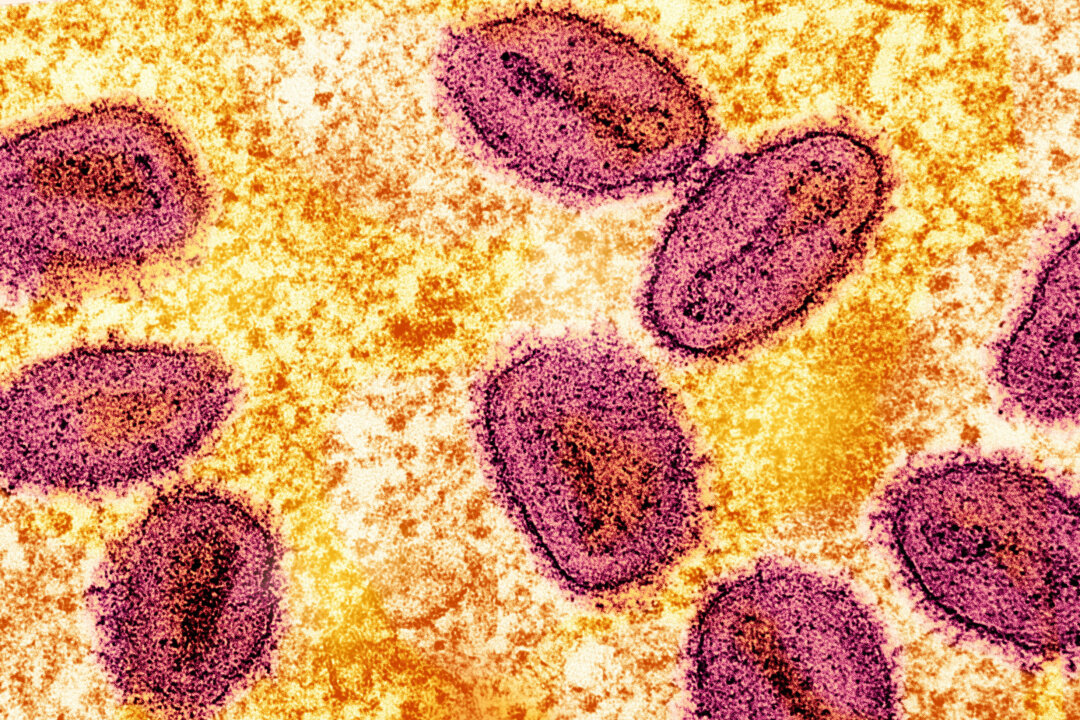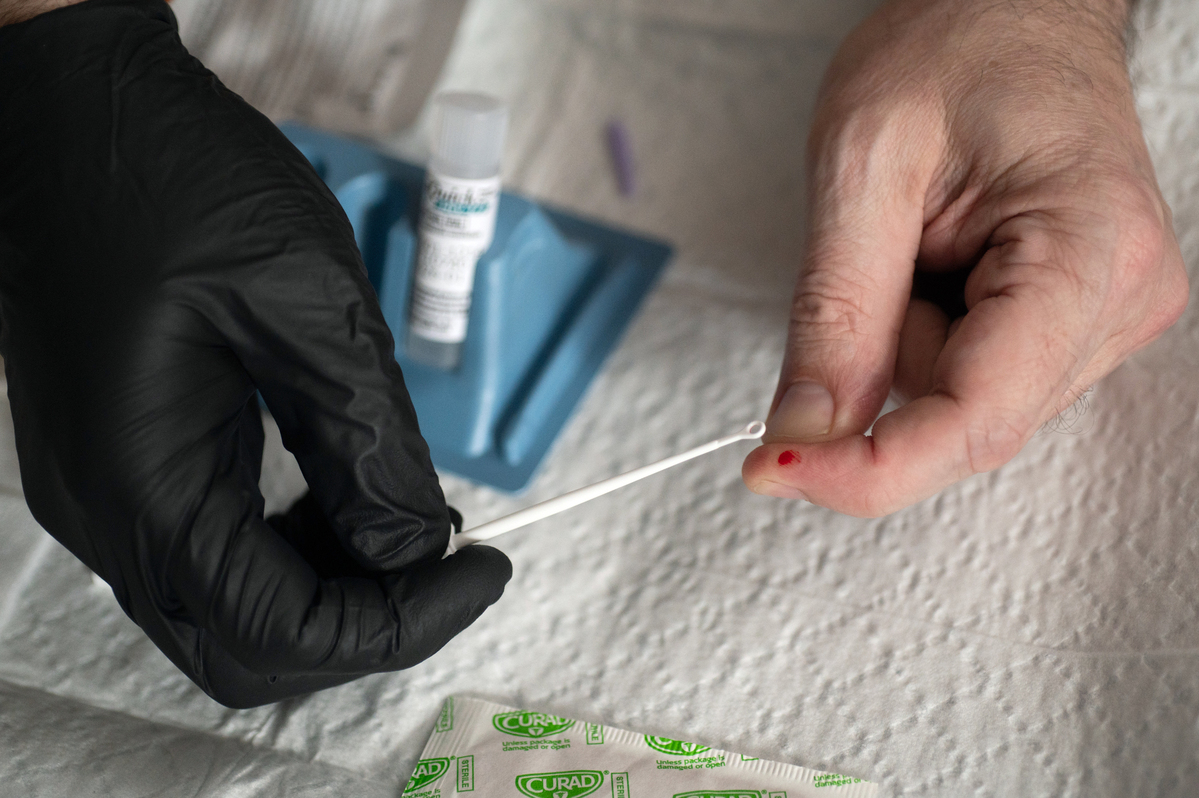According to a report released on October 30, 2023, the World Health Organization (WHO) confirmed a total of 3,135 monkeypox cases worldwide in September. Over 80 percent of these cases originated from the African region, underscoring the ongoing public health challenge posed by this virus. This latest data highlights the need for continued vigilance and response efforts globally.
The reported cases emerged from 42 countries and included 12 fatalities. Since the beginning of the year, a cumulative total of 44,299 confirmed cases has been recorded across 93 nations, resulting in 180 deaths. The distribution of these cases reflects significant regional disparities, particularly in the African region, where health systems may face greater strain.
New Developments in Monkeypox Cases
The WHO report indicated that several countries have reported the detection of the clade Ib monkeypox virus (MPXV) for the first time. Notably, Malaysia, Namibia, the Netherlands, Portugal, and Spain are among those countries that confirmed cases of this specific strain.
Additionally, new imported cases have been identified among travelers in Belgium, Canada, Germany, Italy, Qatar, and Spain, raising concerns about the potential for further spread. The emergence of these cases emphasizes the importance of international cooperation in monitoring and controlling the virus.
In response to the growing number of cases, health authorities are urged to enhance surveillance and implement effective containment strategies. With the ongoing transmission of monkeypox, public health initiatives must focus on education, prevention, and rapid response to outbreaks.
The WHO continues to monitor the situation closely and recommends that countries strengthen their health systems to manage and mitigate the impact of monkeypox. Public awareness campaigns and vaccination efforts may play crucial roles in curbing the spread of the virus.
As the global community confronts this health issue, collaboration among nations will be vital in addressing the challenges posed by monkeypox and ensuring readiness for any potential future outbreaks.







